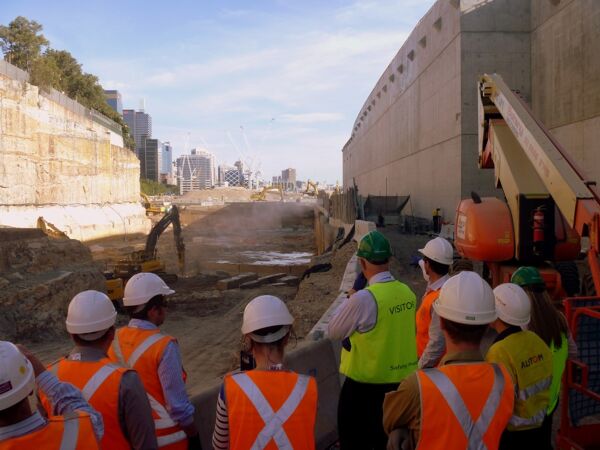
The COVID-19 pandemic looks set to change the way many of us work for good, but for civil engineering, it also affords the opportunity to fully embrace implementing digital software into working practices - and to optimize remote working where possible. Further development of digital technologies could help the sector deal with future pandemics and global catastrophes.
There is currently a public debate around whether the construction industry should continue to function considering the limited opportunities for social distancing for workers on-site.
A New Civil Engineer article recently highlighted the opportunities digital technology affords for remote working. Technology company Sensat has developed Mapp, a digital means of interacting with and remotely facilitating construction activity. Mapp produces live digital twins. Effectively, these are virtual replicas of the physical world – and provide means that could transform the way physical industries operate.
What we're trying to do is reduce the amount of time people spend on site,” Sensat co-founder and chief data officer Harry Atkinson told NCE. “This means that people can make decisions on the project remotely – if they've got up to date and real time information, they can work remotely.”
And last year, during the National Digital Twin Dayit was cited by the National Infrastructure Commission that there is the potential to unlock an additional £7 billion per year in benefits across the UK infrastructure sector through digital process and in addition to financial efficiencies, the NDT will bring benefits to society and the environment.
ICE interviewd a series of professionals, discussing how civil engineers can help to mitigate the impact of the current health crisis and what it means for working practices within our industry. Click here to view the full article.



